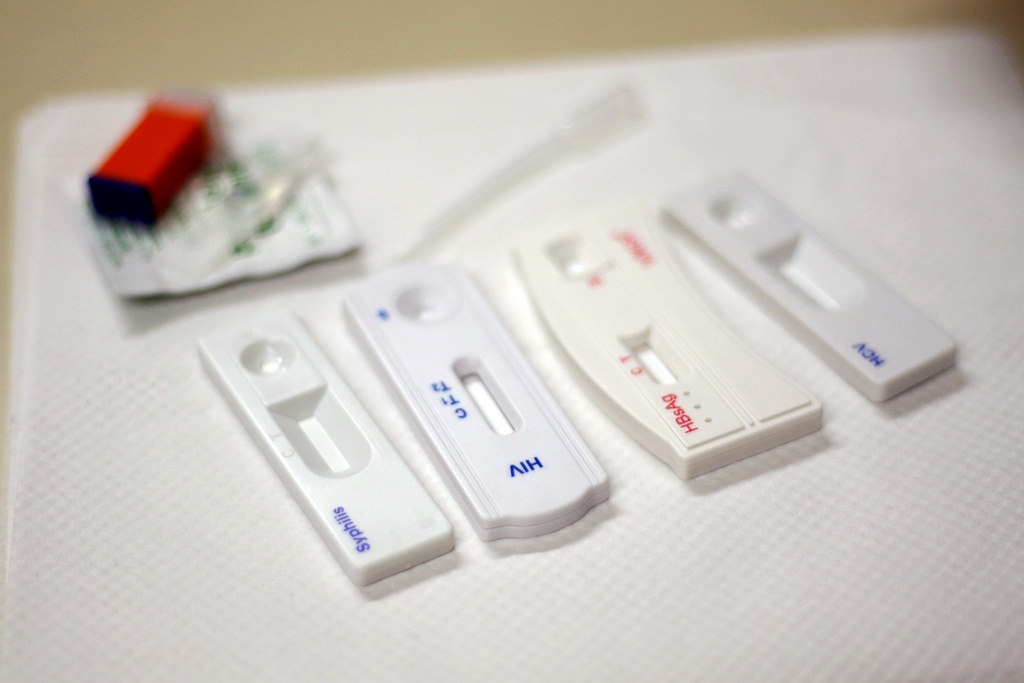“AIDS remains a challenge to mankind”
February 13 The rise of AIDS has been a massive heath issue globally. Omer Fayshal Pavel, 22, a Commonwealth Correspondent from Dhaka in Bangladesh, writes that being educated about the virus is the first step in helping those with HIV live a better quality of life.
The rise of AIDS has been a massive heath issue globally. Omer Fayshal Pavel, 22, a Commonwealth Correspondent from Dhaka in Bangladesh, writes that being educated about the virus is the first step in helping those with HIV live a better quality of life.
We have a beautiful planet to live with a beautiful life to lead. But sometimes the consistency of life hampered by outbreaks of diseases and emergence of new viruses.
Some of the threats can be overcome after years, but some remain as obstacles for more than hundreds of years. One much-discussed and threatening issue is Acquired Immune Deficiency Syndrome (AIDS) caused by Human Immunodeficiency Virus (HIV).
AIDS was first detected in United States when a very unusual impaired immunity was observed among some people, who then became infected by different diseases and skin cancers. The Centers for Disease Control and Prevention (CDC) called for initial steps to manage this situation. Eventually, a French scientist and his team discovered a very new or novel retrovirus in the fluid of the infected people. This virus mainly attacks the immune system of human body, which makes the person more prone to diseases. After doing extensive research on this virus the surprising information was found that the virus mainly originated from non-human primates in some places in Africa with many sub classes of it.
AIDS has strongly taken the concern of global health organizations and is mentioned as an epidemic by World health Organization (WHO). Since the beginning of the epidemic, more than 70 million people have found infected with HIV virus and about 35 million people have died of it. Globally, 36.7 million people were living with HIV at the end of 2015. Sub-Saharan Africa remains most severely affected by HIV, with nearly one in every 25 adults living with HIV, accounting for nearly 70 per cent of the people living with HIV worldwide.
As mentioned before, AIDS is caused by the virus called HIV and this is mainly transmitted by the body fluid of infected human or other primates. Though this disease can’t be cured, it is possible that we can give the patient a good life. But more attention should be given to the pregnant mothers with AIDS, as the newborn baby can be infected by the HIV virus at the time of birth, or after birth by taking breast milk from the mother. Anti-HIV vaccine to the pregnant can some time lower the chance of getting the virus to the newborn. Some drugs, like antiretroviral drugs, can extend the life span of the patient by reducing the generation and replication of the HIV virus.
But the most important thing that should be done for AIDS patients is developing a social support network and education. In different societies, people have biases that isolate the AIDS patients from society. In some cases people blame the patients as sinners.
In reality, things are not like that. AIDS is only transmitted by body fluid like blood, sperm or breast milk. It needs to be mentioned that “You don’t have chance to get HIV virus even though you take food from the same plate with AIDS patients”. HIV doesn’t spread by tears, sweat, urine or even insect bites. So it is not threatening to be with an AIDS patient in the same house or living a friendly life with the patient.
Although at this point no medicine or vaccine has been developed to cure the AIDS patient, there are some ways to make life easier to lead and to enhance the lifetime of the patient. The main way is to offer social support and avoid ignorance about the illness and those living with it. If we carefully and politely deal with this, people may have better end life care. Let’s hate the disease, not the victim.
photo credit: Ministério da Saúde CTA – Centro de Testagem e Aconselhamento da Rodoviária – Realiza teste laboratorial de hepatite B, hepatite C, HIV, e sífilis. via photopin (license)
…………………………………………………………………………………………………………………
About me: I am a youth from Bangladesh, a country which is densely populated. The overpopulation has created issues that reduce the environmental and health status. As a result, different unexpected health challenges are arriving. My ambition is to overcome these problems by making a network of youths and working as public health professional in the future.
I like to visit different places with different traditions and taste different foods. Right now I am a student of Pharmaceutical science and a health columnist in national news papers.
…………………………………………………………………………………………………………………
Opinions expressed in this article are those of the author and do not necessarily represent the views of the Commonwealth Youth Programme. Articles are published in a spirit of dialogue, respect and understanding. If you disagree, why not submit a response?
To learn more about becoming a Commonwealth Correspondent please visit: http://www.yourcommonwealth.org/submit-articles/
…………………………………………………………………………………………………………………






